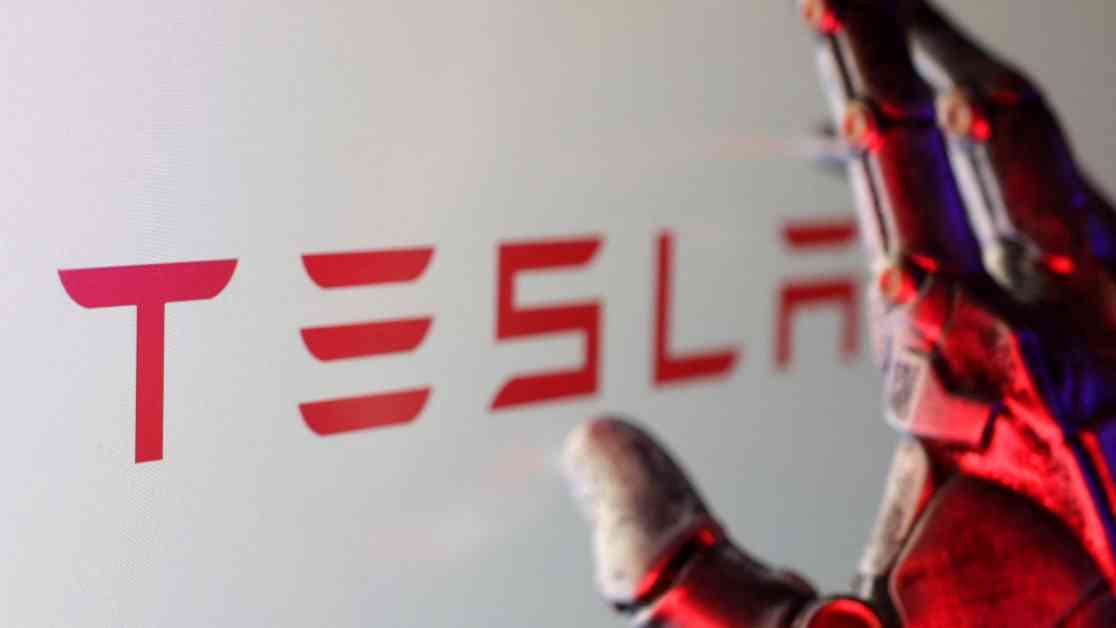Tesla, the renowned electric vehicle manufacturer, is poised to make a significant entry into the Indian market with officials scheduled to visit the country in April. This visit will involve a thorough review of potential operations and crucial discussions with key government departments, such as the Prime Minister’s Office, the Ministry of Heavy Industries, the Ministry of Road Transport and Highways, and the Ministry of Commerce. As reported by Business Today, Tesla has already identified Maharashtra’s Chakan and Sambhaji Nagar, along with Gujarat, as preferred locations for its manufacturing hub. The company is anticipated to make an initial investment ranging from $3-5 billion to establish its production facilities, underscoring its commitment to the Indian market.
Tesla’s Entry Strategy and Manufacturing Plans
To bolster its presence in India and capitalize on various government incentives, Tesla will need to apply for the Scheme for Promotion of Manufacturing of Electric Passenger Cars in India (SPMEPCI). This policy, which was officially announced on March 15, 2024, aims to stimulate local electric vehicle production by offering lower import duties and other benefits. Under this scheme, manufacturers are required to invest a minimum of Rs 4,150 crore in India, achieve a domestic value addition (DVA) of at least 25% by the third year, and increase DVA to 50% by the fifth year. According to sources, if Tesla wishes to leverage the advantages of reduced import duties, it must commit to manufacturing in India and invest in the local supply chain.
In a strategic move to align with Indian regulations and market demands, Tesla executives engaged with the Modi administration in 2023 to explore opportunities for local component sourcing. This proactive approach led to the company securing office space in Pune, setting the stage for further discussions and negotiations. Subsequent meetings between Tesla CEO Elon Musk and Prime Minister Modi have fueled speculation about the company’s imminent entry into the Indian market. The revised EV policy introduced by India in 2024, offering import duty concessions to manufacturers investing a minimum of $500 million locally, further underscores the government’s commitment to promoting sustainable mobility solutions.
Market Potential and Growth Prospects
Despite India’s relatively modest electric vehicle market compared to global leaders like China, where millions of electric cars are sold annually, the country’s EV sector is gradually gaining traction. In 2023, India recorded nearly 100,000 electric vehicle sales, signaling a growing interest in clean energy solutions and sustainable transportation options. Tesla’s keen interest in the Indian market stems from the government’s initiatives to incentivize EV adoption and promote environmentally friendly practices. While there is a discernible gap between India’s current EV sales and those of more established markets, the potential for growth and innovation in the Indian automotive sector is undeniable.
As Tesla prepares to engage with Indian officials and stakeholders during its upcoming visit in April, the company’s entry into the Indian market holds significant promise for both parties. By aligning with local manufacturing regulations and leveraging government incentives, Tesla aims to establish a strong foothold in India’s evolving electric vehicle landscape. With a blend of technological expertise, sustainable practices, and strategic investments, Tesla’s foray into India underscores the country’s emergence as a key player in the global shift towards electric mobility.























